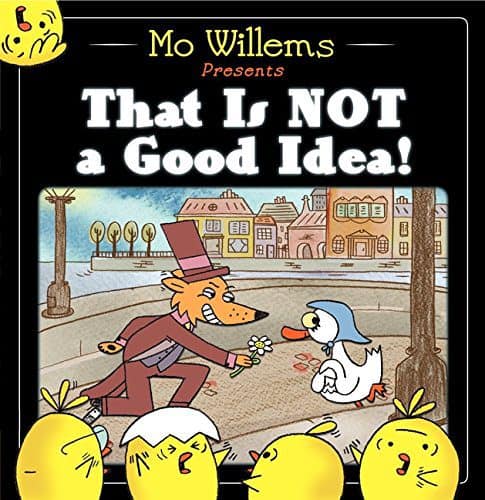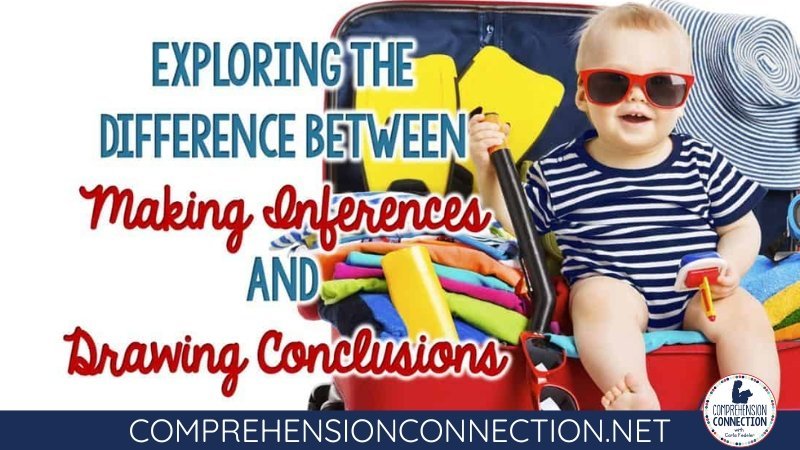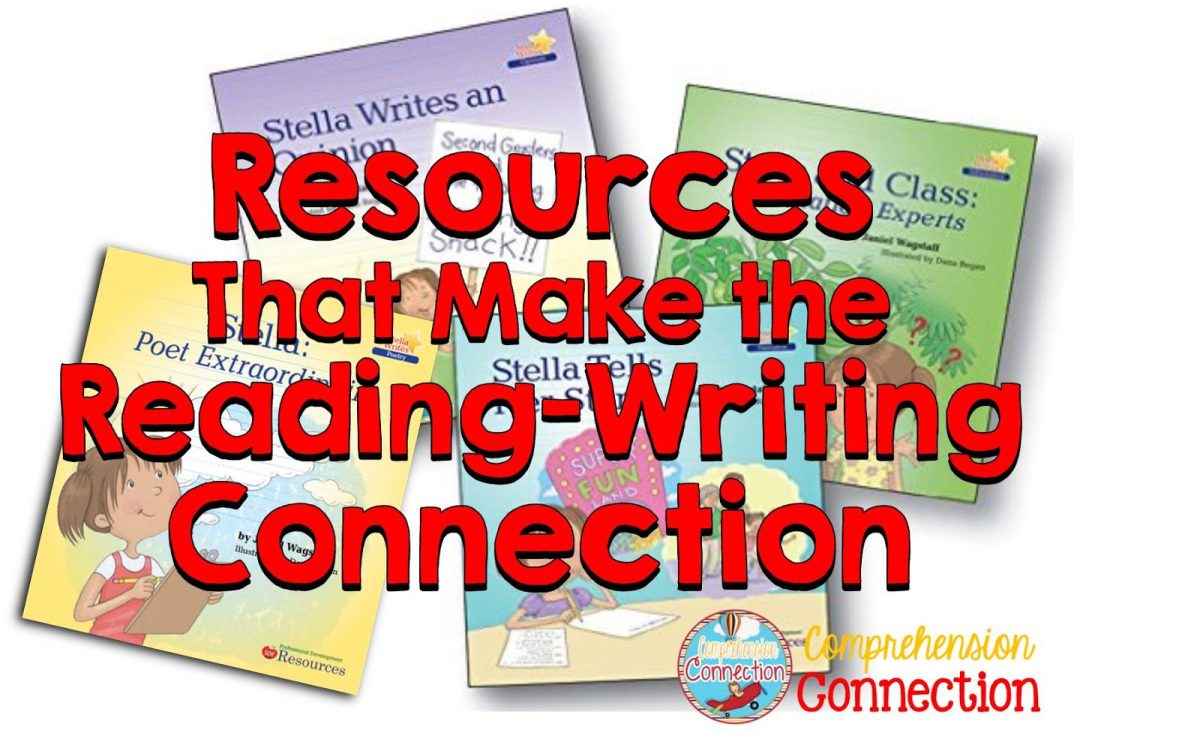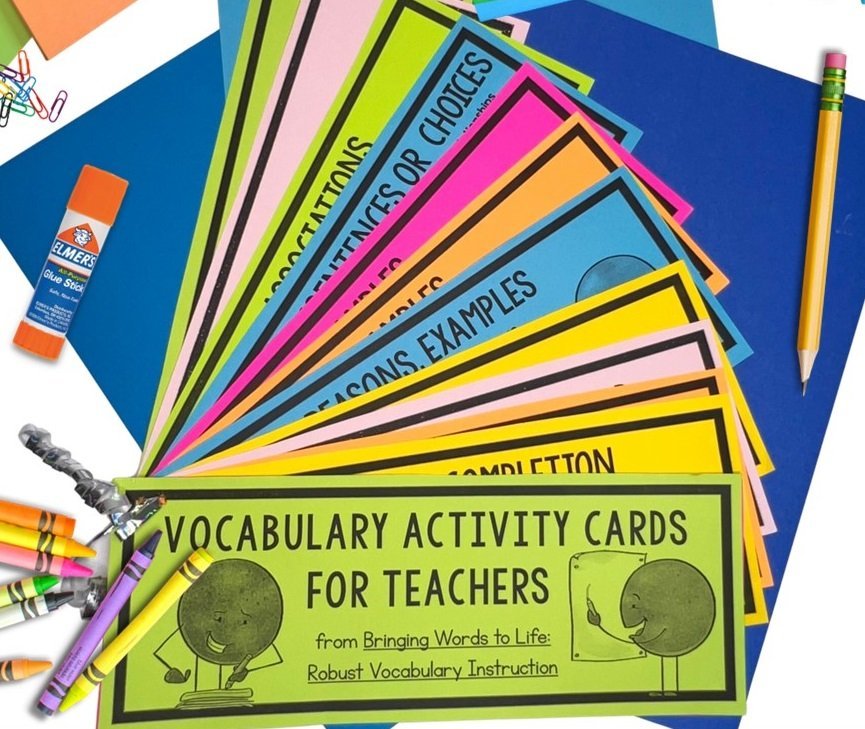
Getting kids to engage in the books they are reading is one key factor in deep comprehension, and that begins with making predictions. I have found in my experience that kids think of predictions as something that you do just before you read. They have grown accustomed to picture walks and even short discussions about what they think will happen based on the title and cover, but do kids come back to those predictions to check whether they were right or make new predictions during their reading?
Ways to Introduce Predictions:
One way to draw children into a lesson on making predictions is to dress up. Perhaps you could be a weatherman for the lesson or maybe a detective looking for clues. After all, weathermen and detectives use clues to make predictions. Who makes predictions in their job? Engineers make predictions on how to best solve problems. Builders predict how much things will cost, and teachers predict how long it will take to complete certain tasks. Making predictions is an important task for everyday living.
When we relate predictions to reading, I prefer using anchor charts. You may find this electronic anchor chart handy, but you can also find lots of examples within the Pinterest board I set up for making predictions a while back. I find anchor charts explain the skill so that when you’re sharing the mentor text and using think aloud, your students can better apply the strategy. The anchor chart explain the process. The board includes lots of graphic organizer options, anchor charts, and additional book suggestions you might use for modeling.

Mentor Texts I Love for Predictions

Suddenly by Colin McNaughton
Colin McNaughton’s books are really interesting. They are fractured fairy tales, so they work well for predicting. Kids have a little schema for the fairy tales as they know the original story as well as the characters. This provides a few clues to the reader, but there is the element of surprise that makes this skill important. The reader really must pay attention to the clues to predict.
McNaughton has a series of books that work equally well, so an author study might even be a possibility. I’ve used Suddenly, Oops!, Preston’s Goal, and Oomph!. The thing I like most about them is that you have natural stopping points for discussion.
A River Ran Wild by Lynne Cherry
Making predictions is also important for upper elementary students, and this book by Lynne Cherry includes deeper concepts and themes making it more appropriate for upper elementary readers. Plus, you can use it to highlight visualizing and author’s craft as well. Students can use the information in the text to predict outcomes about what will happen to the river. This freebie in my store includes an organizer that you can use for this book and other higher level picture books.
Little Owl’s Night by Divya Srinivasan
This next book was featured in my friend, Cathy’s post over on The WISE Owl. I loved how she used picture cards for emergent readers to model. I thought this was a clever way to work on predicting. Concept sorts work well for many comprehension skills including cause/effect, fact/opinion, story elements, and beginning/middle/end.
That is NOT a Good Idea by Mo Willems
Mo Willems, author of the Elephant and Piggie series (which has now come to an end…sigh), wrote this book, and another bloggy friend, Wendy from Read with Me ABC wrote a blog post explaining a mentor text lesson she did with this book. I love that she included a wonderful FREEBIE with her post too, so take a moment, and check it out [HERE].

Making Predictions Planner
Of course, we know that mastering a skill takes lots of practice, so one mentor text is not enough. To help the teachers in my building, I put together a list of titles I found linked to ideas and resources. To access the links, you have to have the file opened on your computer versus a printable format of course, but I hope you find this helpful.
Must Have Resource
Links to More Teaching Options
Links to Other Mentor Text Lessons
If you have favorite titles you’d add, please let me know in the comments. I’d love to add them to my list!
Have a happy day!



























One Response
Great resources!